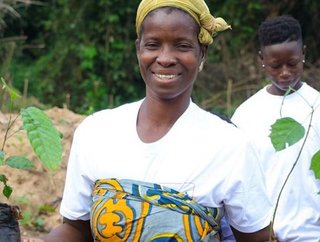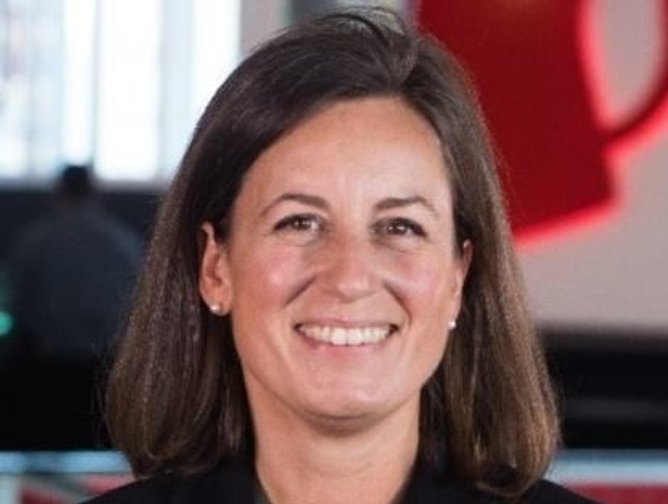Nestlé's Mission to Boost Sustainable Cocoa Farming

Nestlé has joined forces with two of its suppliers, Cargill and ETG | Beyond Beans, to launch a pair of projects using agroforestry to regenerate land around cocoa farms and cut carbon emissions in its supply chains.
As part of its commitment to reach net-zero emissions by 2050, Nestlé has launched the five-year programmes to accelerate the transition to regenerative agriculture and support reforestation of degraded lands around cocoa-farming communities.
A range of shade tree species will be distributed to farmers, who will be taught tree planting and pruning techniques.
Shade trees are used to help reduce the harsh effects of the sun and provide moisture-rich spaces for cocoa crops to survive during the dry season. They can also improve water management and absorb carbon from the atmosphere.

Nestlé's sustainability drive
Nestlé’s latest projects form part of its broader sustainability aims.
In October 2023, Antonia Wanner, Nestlé's Group Head of ESG, Sustainability Strategy and Deployment, spoke to Sustainability Magazine about how its goods packaging adheres to the circular economy.
The projects aim to plant over two million shade trees on land managed by almost 20,000 farmers in Ghana and Côte d'Ivoire. Together, it is estimated they will reduce and remove over 500,000 tonnes of carbon over a 20-year period.
"These projects are important milestones on our journey to net zero," says Darrell High, Global Cocoa Manager at Nestlé. "We're working to address our emissions all the way to the farms we source from."
The survival rate of the trees is a key success factor. Farmers will receive an incentive payment when they plant the tree seedlings and care for them.
"Our project design has a holistic landscape approach which goes beyond cocoa plots and involves the whole community in reforestation initiatives," adds Remi van Balen, Programme Manager Agroforestry and Environment at ETG | Beyond Beans.
“These initiatives not only create job opportunities but are also connecting, restoring and protecting valuable community forests."
Ursule Gatta, Cargill Partnership Officer for the Ivory Coast, adds: "This initiative can really make a difference. Our ambition is to scale up the project to cover 18 cooperatives over five years, aligned with the Nestlé Income Accelerator programme."
Nestlé’s corporate target is to reduce its absolute greenhouse gas emissions by 20% versus its 2018 baseline by 2025, and by 50% by 2030. In 2023, the company achieved a 13.58% net reduction in emissions.
******
Make sure you check out the latest edition of Sustainability Magazine and also sign up to our global conference series – Sustainability LIVE 2024
******
Sustainability Magazine is a BizClik brand
******






